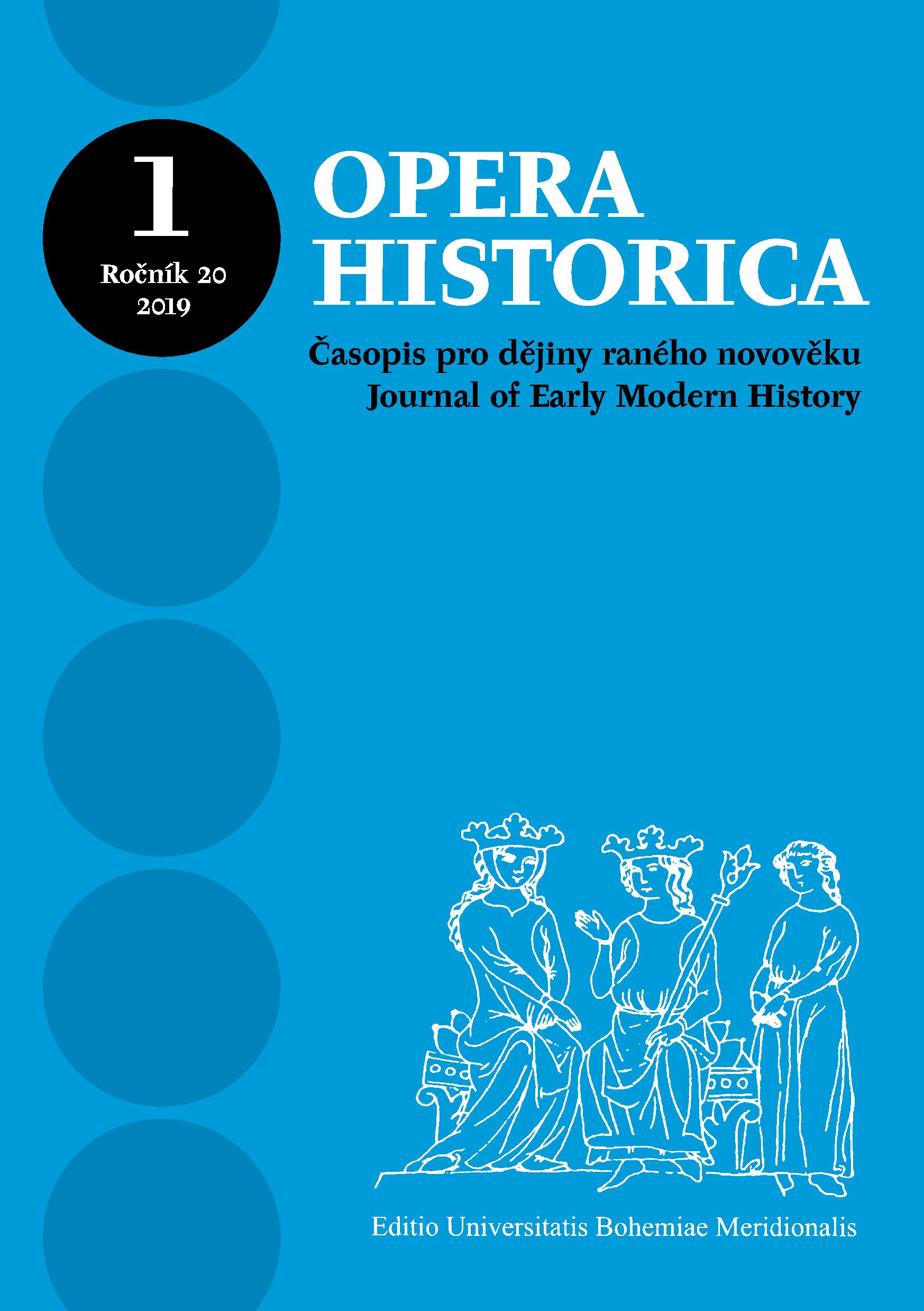Justi’s Essay on Universal Monarchy
(1747): A Misunderstood Satire
Justi’s Essay on Universal Monarchy
(1747): A Misunderstood Satire
Author(s): Ere NokkalaSubject(s): History of ideas, 18th Century
Published by: Jihočeská univerzita v Českých Budějovicích
Keywords: Johann Heinrich Gottlob von Justi; eighteenth century; cameralism; universal monarchy; satire
Summary/Abstract: This article analyses Johann Heinrich Gottlob von Justi’s (1717–1771) early essay onUniversal Monarchy (1747) in the context of the broader eighteenth-century discussion ofpolitical order and commerce. During the eighteenth century, theorists often envisageda universal society of all nations, or a universal monarchy under the rule of a single monarch.Alternatively, many others argued that peace and tranquillity among states could besecured through the orchestration of a balance of power between states. Justi’s position inthis debate is rendered somewhat puzzling because of his early essay on universal monarchy.Here, Justi argues that a monarch ruling the whole of Europe could secure peace andtranquillity in Europe. This would seem to make him one of the last serious defenders ofa universal monarchy, as several previous scholars have asserted. This article argues, however,that Justi’s essay on universal monarchy was a satire in which he commented on theHoly Roman Empire. He ridiculed petty tyrants and advocated strengthening the powerof the Holy Roman Emperor. Justi’s preference for larger commercial units, which wascharacteristic of his later work on political economy, was already present in draft form inthis early essay.
Journal: Opera Historica
- Issue Year: 20/2019
- Issue No: 1
- Page Range: 21-39
- Page Count: 19
- Language: English

